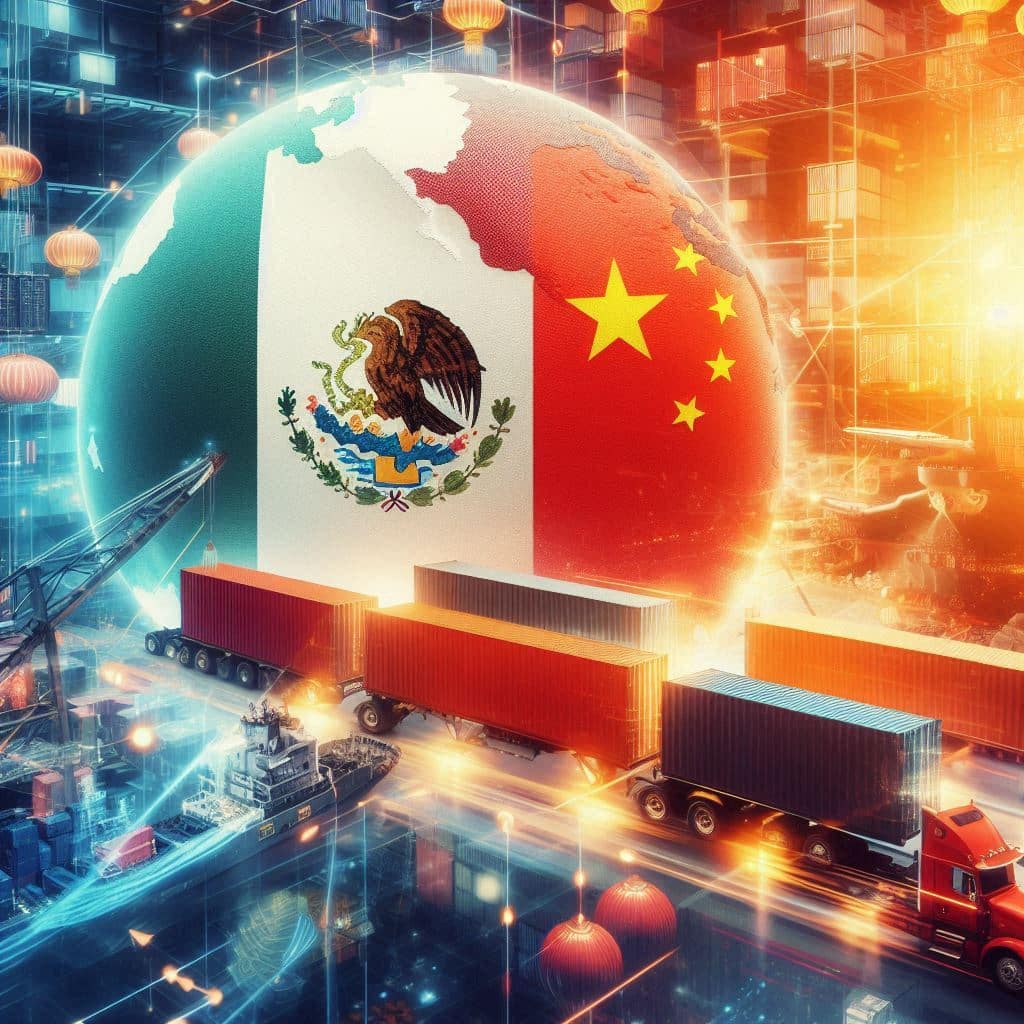Mexico has emerged as one of the hottest global markets, offering multifaceted opportunities for exporters, particularly from China. Here’s a detailed look at the potential and challenges of this dynamic market:

Four Major Market Opportunities:
- Domestic Market Potential
With a population of 130 million and a per capita GDP of $11,000, Mexico is one of the world’s largest and most active consumer markets. The local population has a strong inclination for consumption over savings, creating robust demand for imported products. - Access to the U.S. and Canada
Leveraging the USMCA (United States-Mexico-Canada Agreement), products processed or value-added in Mexico that meet local origin certification can enter the U.S. and Canada tariff-free as “Made in Mexico” goods. - Gateway to Latin America
As the most industrially advanced nation in Latin America, Mexico serves as a key hub for accessing the broader region. Shared language and cultural similarities make it easier for products to flow into 13 Caribbean nations, 7 Central American countries, and 12 South American countries, many of which have zero-tariff agreements with Mexico. - Entry into the European Market
Mexico’s trade networks also support seamless exports to Europe, taking advantage of mature transatlantic shipping routes.
Challenges:
While the market offers immense potential, navigating Mexico’s regulatory and customs landscape can be complex:
- Limited Number of Customs Brokers
Unlike the U.S., which has over 14,000 customs brokers, Mexico has only about 800 licensed brokers nationwide. These brokers are highly qualified, often holding advanced degrees, and are considered part of Mexico’s elite. - Complex Customs Authorization Process
Importers must authorize a customs broker to act on their behalf. This requires extensive documentation (over 15 types, including business registration, tax records, and legal certifications) and can take up to a month to complete. Without this authorization, customs clearance cannot proceed. - Binding Relationship with Brokers
Once an importer is tied to a customs broker, changing brokers is rare due to the administrative complexity. Exporters must ensure their Mexican buyers agree on customs arrangements, especially when negotiating DDU or DDP terms, as incomplete authorizations can lead to delays and storage fees at ports.
Key Takeaways for Exporters
Exporting to Mexico presents unparalleled access to multiple markets, but success hinges on understanding the nuances of the local customs process. By addressing potential challenges proactively, such as securing buyer cooperation for customs authorization and ensuring all documentation is complete, exporters can unlock the full potential of this vibrant market.
